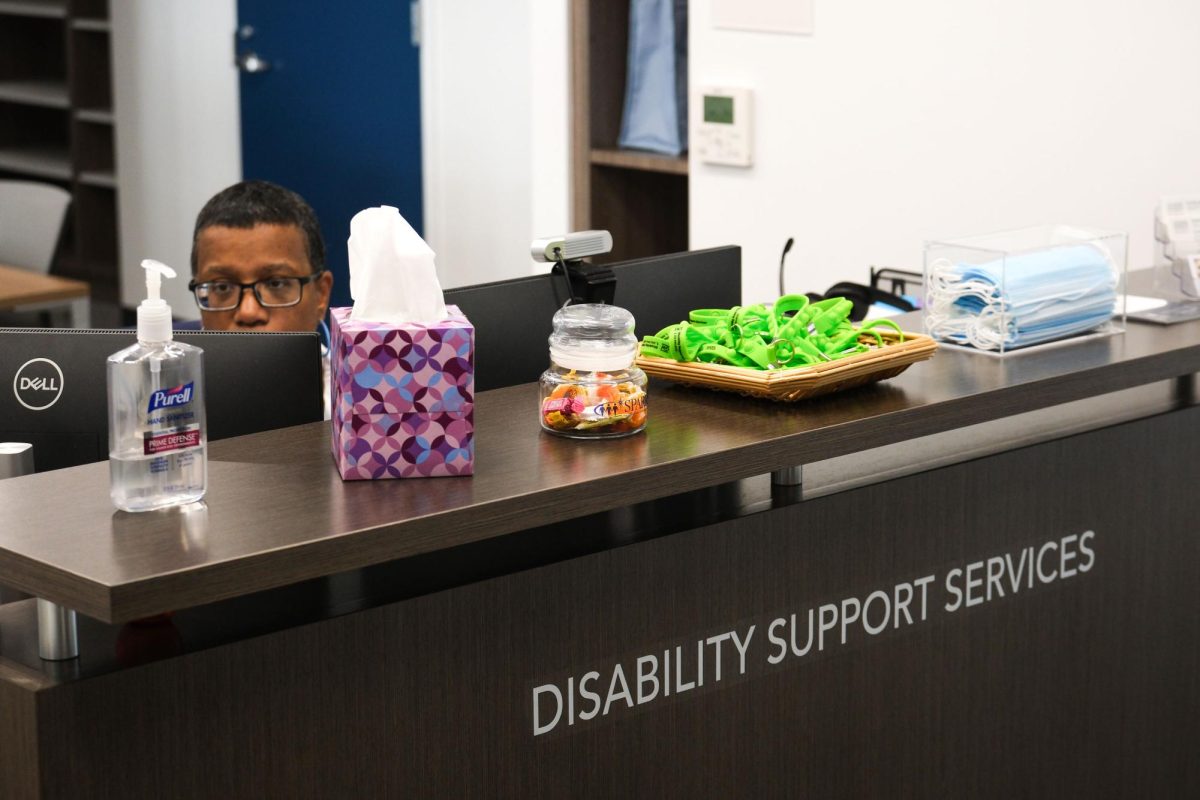A panel comprised of four former GW students who have been personally affected by the legacy of Jackie Robinson said they realized the similarities between Robinson’s life and their own Thursday.
Robinson, who was declared one of the greatest second basemen of the 20th century before Game Four of the World Series this fall, was famed for great base running and defense. But his legacy goes beyond the Baseball Hall of Fame, said Professor Richard Zamoff, who teaches sociology in sports.
Robinson, the first African American to play in the major leagues, changed American views and gave hope to African Americans around the country, he said.
Sonni Holland, a four-year starter on the GW men’s basketball team during the early 1990s, said being an African-American athlete carries a stigma that is difficult to erase.
My association with Jackie Robinson began during my senior year in high school, when, solely because of my height and color, people asked if I were a basketball player, Holland said. I would tell them `No, I’m a student who just happens to play basketball.’ No one thought I would be able to measure up to GW’s academic standards.
Tajama Abraham, a 1997 graduate, now plays in the WNBA. She said people remember her as the person who confronted moderator Ted Koppel about the absence of women represented in sports at an ESPN town hall forum. Abraham said she has only just begun to realize the adversity Robinson faced.
Take a look on campus, Abraham said. Male sports will always have a dominating effect on women’s sports. There’s going to be adversity in life no matter what, but how you learn to deal with it is what sets you apart.
Erica Collins, a 1996 graduate who works in public relations for HBO Sports, cited a need to lead by example, just like Jackie, when making important decisions. She credited Robinson for being a pioneer for all African Americans.
Aquil Abdullah, a 1996 graduate, shared his experience as the first African American to win the single sculls U.S. national rowing championship.
Noted baseball historian and former Brooklyn Dodgers reporter Roger Kahn spoke about his relationship with Robinson.
Jackie always used to complain about what was happening to him to me – he wouldn’t do it to anyone else, Kahn said. And I used to ask, `Well, what do you want me to do about it?’ He would always say, `Write about it in your damn paper!’
Robinson’s legacy extended outside the realm of baseball, Zamoff said.
I think Jackie Robinson, besides being a great baseball player, is a legitimate American hero, and I think it’s important to study him in that context, Zamoff said. Jackie was a great person, and I’m glad we spend the time acknowledging him as such.






